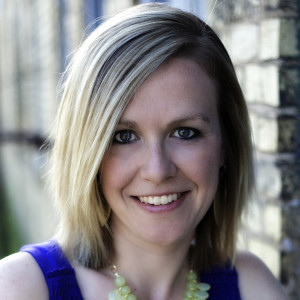Back in February, my family and I hosted a musician visiting from Paris. He is a world-class organist, and my tiny Michigan town was his first stop in a brief U.S. tour before he headed to the East Coast for several concerts and masterclasses. Having no prior connection with him, I wondered if we would find enough in common to talk about over the chicken salad and soup I had made for lunch.
…music connects human beings who are otherwise perfect strangers from different cultures on different continents.
It quickly became apparent that we could have talked over a seven-course meal and still not covered all we had in common. We chatted about organ and harp repertoire (turns out he has a longstanding duo with a French harpist), the similarities of our instruments, my kids’ musical tastes, French food, Italian gelato, and our shared love of Bach. At the end of our meal together, he invited my family to visit him during our trip to Paris the following month.
We took him up on the offer, and five weeks later found ourselves standing on his apartment balcony, enjoying the most breathtaking view of Paris any of us had ever seen. He pointed out all of the famous church steeples and domes on the skyline, noting the famous musicians that had played at each one. As we stood there taking it all in, my 11-year-old son leaned over to me and said, “Music really is a universal language.” Normally this kind of corny cliché would be met with a big eye roll from me. But in this moment, I realized this was the first time my son had ever experienced this truth that many of us take for granted after spending our lives immersed in the field. Perhaps most importantly, he experienced how music connects human beings who are otherwise strangers from different cultures on different continents.
This also hit differently for me because my recent interview with Ukrainian harpist Veronika Lemishenko was still on my mind. (See Making Music for Ukraine.) In my work at Harp Column, I often speak with harpists from different parts of the world, and the international harp bond is something I experience on a regular basis. It’s a big reason why perfect strangers will agree to sit down and talk to me for an interview—because we aren’t actually strangers when we both play the harp.
Lemishenko said many things that stayed with me long after our interview, especially her response when I asked about her family back in Ukraine. Lemishekno is from the city of Kharkiv, in the eastern part of the country that was hit hard in the early days of the war. During the first week of the Russian invasion, Lemishenko said, her parents had to flee Kharkiv. They escaped to the western Ukrainian city of Lviv, but didn’t have a place to stay until the family of another harpist offered their house.
In the weeks and months that followed, Lemishenko, who resigned the principal harp position she held with a Russian orchestra, shifted her attention to raising money for Ukraine through music. Again, the harp community responded. Harpists, many of whom did not know Lemishenko personally, invited her to their countries and hosted her charity concerts and classes.
Most of us have never lived in a war zone and hope we never do. But in the terrifying uncertainty of that situation, to have fellow harpists show up, from near and far, is heartening.
If you would like to donate to the Veronika Lemishenko Charity Foundation, visit her website glowingharp-ukraine.com, where there is a link to donate on the homepage. •






